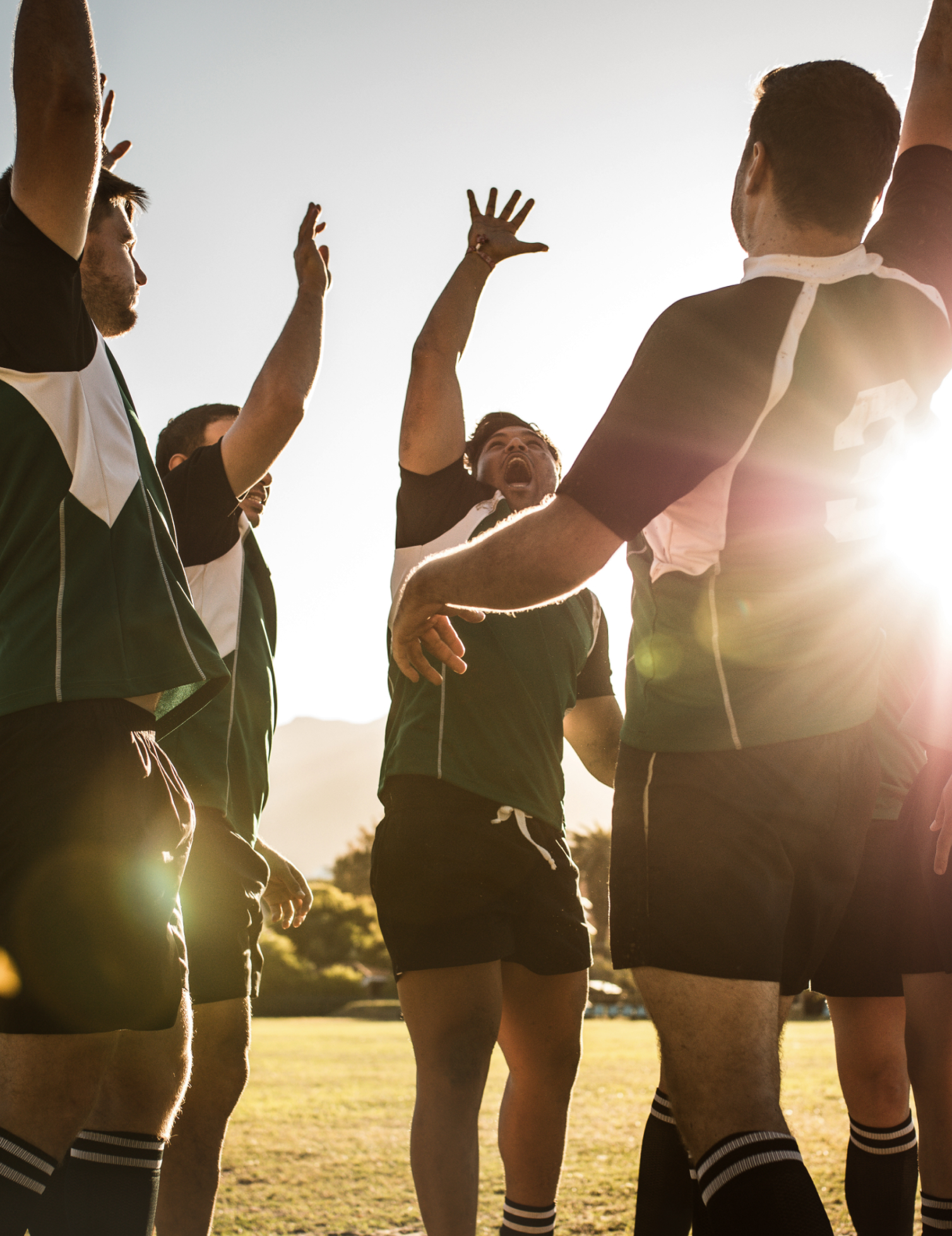Learn about effective stress management strategies

Making choices under pressure offers you the opportunity to consider how well your personal experiences and observations shape your way of thinking while being in an uncomfortable position. The competitive sporting environment is psychologically demanding, and it is not uncommon to see athletes performing significantly below expectations despite of high motivation and incentives for success. This is referred to as choking.
In contrast, there are certain characteristic features in which the elite performers differ from the others. These players gained their reputation by proving their ability to perform with much higher level of performance than their peers and so for being clutch players, which means that they can consistently perform better than others when stakes are high, and the pressure is on. But how can they avoid stress and make it empower them?
There is something in all of us that is so potent that if we tap into in a correct way, it can help us reach our full potential. But if tap the very same thing incorrectly we are doomed to failure.
The two main theories that have been used to explain choking are distraction and self-focus theory. The distraction theory suggests that increased pressure during performance invokes a shift of focus to irrelevant things. Despite the intense training of top athletes, the performance-consistency trade-off is one that is very hard to maintain, due to lack of concentration on the pitch. The consistency is referred to as flow. The flow can lead to improved performance, accelerate learning and skill development, double productivity and even increases enjoyment and creativity. It is also described as a feeling where, under the right conditions, you become fully immersed in any activity.
On the other hand, the self-focus theory suggests that the very same pressure can increase self-confidence about performing which in turn increases their attention to the skills process. They try to perform a lot harder and pay attention to the steps they need to do in full consciousness in hope that being careful in this way will decrease chance to failure. A rise in a self-confidence leads to better team trust and overall performance.
Mental training is not the only factor that influences performance success. Individual athletes and teams are put under great social and organizational stress. Therefore, in addition to optimal mental training, they must also develop various coping and self-regulatory skills in order to cope with many stressors. For this reason, it is necessary to keep in mind that mental training is necessary, but itself is not enough to achieve full performance potential.
We cannot fully avoid uncomfortable situations in which our decisions really matters but we can reduce them as much as we can and be prepared for them. Working under pressure gives us the most experience we could get. Asking a simple question could help you out of the situation when feeling stressed. Is it C or T? C stands for challenge and T stands for treat. Challenge should empower us to perform better while we fear the treat so much that we avoid doing anything. So even before the whole stress situation could start ask a simple question and prepare yourself for the challenge.
Sources:
Brewer, B. W. (Ed.). (2009). Handbook of Sports Medicine and Science: Sport Psychology. John Wiley & Sons.
|
Besharat, M. A., & Pourbohlool, S. (2011). Moderating effects of self-confidence and sport self-efficacyon the relationship between competitive anxietyand sport performance. Psychology, 2 (07), 760. |
|
Nakamura, J., & Csikszentmihalyi, M. (2014). The concept of flow. In Flow and the foundations of positive psychology (pp. 239-263). Springer, Dordrecht.
Vickers, J. N., & Lewinski, W. (2012). Performing under pressure: Gaze control, decision making and shooting performance of elite and rookie police officers. Human movement science, 31(1), 101-117.
Wilson, M. R., Vine, S. J., & Wood, G. (2009). The influence of anxiety on visual attentional control in basketball free throw shooting. Journal of Sport and Exercise Psychology, 31(2), 152-168.